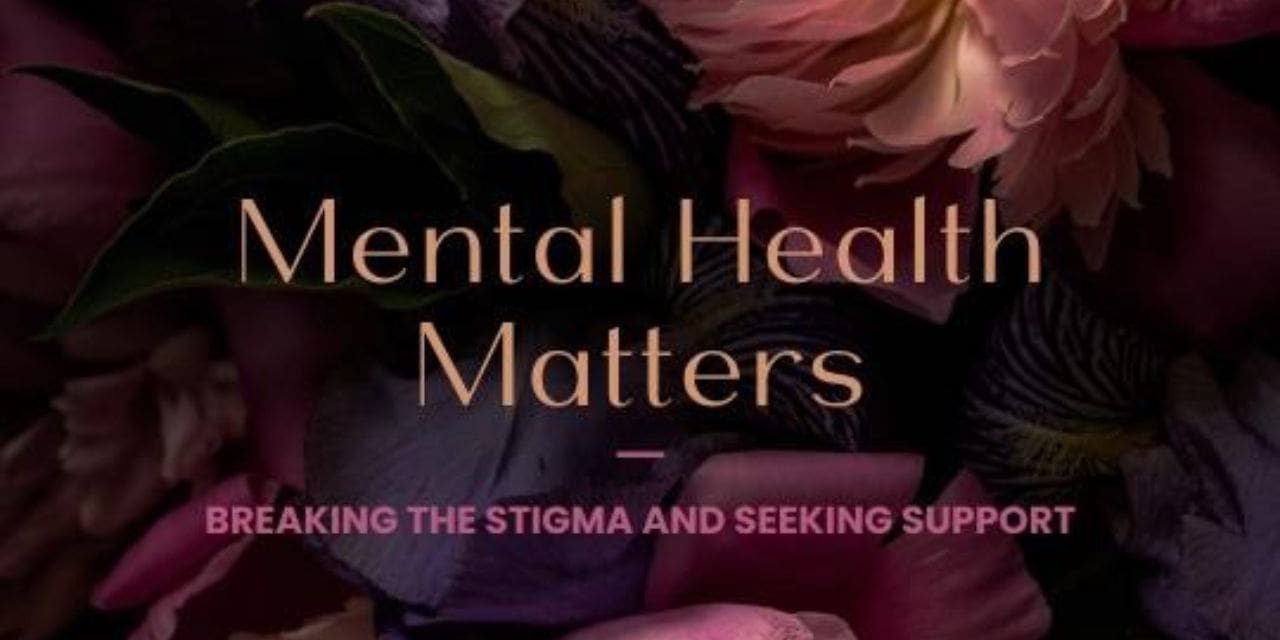Despite how busy most people are, it can cause some serious problems for us when we put our mental wellness on the back burner. Mental health is a facet of well-being that affects every aspect of our lives, from our relationships and work to our overall happiness and fulfillment. However, despite its significance, mental health often carries a heavy burden – the weight of a stigma.
The Weight of Mental Health Stigmas
A stigma is a disgraced association that people have with a particular circumstance or quality. There are many damaging stigmas surrounding mental health, which are formidable forces that can cast a long shadow over those who experience real challenges. These stigmas are usually born out of fear, ignorance, and misunderstanding. Stigmas lead to stereotypes and biases, which, in turn, can create shame and embarrassment for those facing mental health issues. This becomes a barrier that stops individuals from seeking the help and support they need.
The consequences of this stigma are far-reaching. People who feel stigmatized may delay seeking help, leading to the worsening of their conditions. This can result in poor productivity at work, strained relationships, and even substance abuse as individuals try to self-medicate their emotional struggles. In severe cases, unmanaged mental health issues can lead to self-harm or suicide.
Moreover, mental health stigmas don’t just affect individuals; they impact communities and society as a whole. Discrimination against those with mental health challenges can lead to limited opportunities and unequal access to education, employment, and healthcare. It can perpetuate a cycle of disadvantage that affects not only the individuals but also their families and the broader community.
The Journey Towards Change
Breaking the stigma surrounding mental health is not just a matter of kindness and compassion; it’s a matter of public health. The consequences of unacknowledged mental health issues affect individuals, families, communities, and society at large. As such, we must continue the journey towards change.
In recent years, there has been progress in stopping the stigma associated with mental health. More and more individuals are sharing their stories and experiences, which helps to humanize mental health challenges and demonstrate that they can affect anyone. Public figures and celebrities have also played a crucial role in managing the stigma by openly discussing their own mental health struggles.
Additionally, advocacy efforts and changes in policies have contributed to greater access to mental health care and services. Mental health awareness campaigns and educational programs have worked towards dispelling myths and providing accurate information about mental health.
The Ripple Effect of Compassion
Compassion has a ripple effect that extends far beyond individual interactions. When we approach mental health with understanding and empathy, we create a culture of acceptance and support. This culture then spreads to our families, workplaces, and communities, influencing others to adopt a similar attitude.
In families, compassion can bridge gaps and fortify bonds. It allows loved ones to communicate openly about their mental health so that no one carries the burden of secrecy and shame. When family members support each other, it can lead to early intervention and desirable outcomes for those facing these challenges.
In workplaces, a compassionate environment promotes employee well-being and productivity. Employers who prioritize mental health send a powerful message that their employees’ emotional well-being matters. This can result in less absenteeism, more job satisfaction, and strong workplace morale.
Within communities, compassion breaks down barriers and fosters unity. When we give mental health challenges the same empathy we offer physical health issues, we create a sense of belonging and acceptance. This sense of community can provide a safety net for those who need help, fighting isolation and despair.
The Power of Education
Education is another vital tool in our mission to break the stigma. By encouraging awareness and understanding of mental health, we empower individuals to recognize when they or someone they know may be struggling. Education also helps dispel myths and misconceptions so there isn’t fear and discrimination associated with mental health issues.
In schools, mental health education can provide young people with essential coping skills and the ability to seek help when needed. It can foster a generation that is more emotionally intelligent and compassionate toward others’ struggles.
In workplaces, mental health training can equip employees and managers with the tools to create a supportive environment. It encourages early intervention so that others seek help when needed.
In our communities, mental health education can help individuals become advocates for change. It empowers them to challenge stereotypes, support those in need, and drive policy changes that help foster well-being for all.
Embracing Mental Health as a Community
Mental health matters, and breaking the stigma is an essential step towards a health-friendly and compassionate society. It’s about creating an environment where individuals can seek help without fear, where understanding and empathy prevail over judgment, and where everyone has the opportunity to live their best life.
Just as we take our daily multivitamins to support our physical health, let compassion be the multivitamin of our society. It adds to our collective well-being and makes our communities healthier, more inclusive, and more compassionate places to live. Together, we can continue to raise awareness, challenge stereotypes, and support one another on this journey to break the stigma and prioritize mental health.

